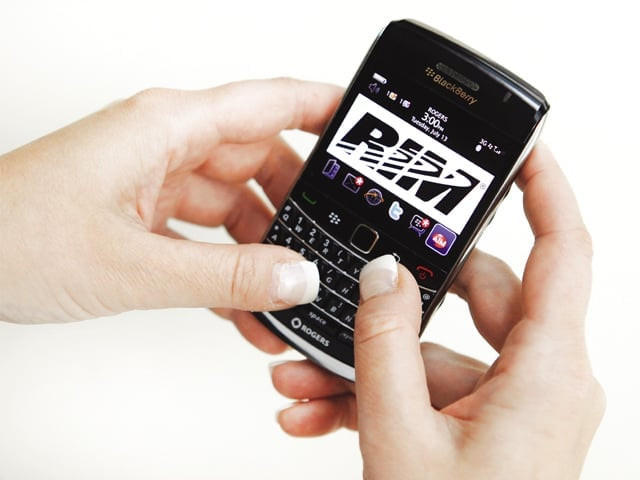Most tumours not within cell phone radiation range
As of February 2011 there are 105,151,871 mobile users in Pakistan which accounts to 63.2 per cent of the population.

Most tumours not within cell phone radiation range
A new report finds that mobile phones do not cause cancer. Brain tumours among cell phone users are not clustered within range of most of the radiation emitted from the devices. Moreover, people who had used mobile phones for the longest amount of time, and spent the most time on the phones, were no more likely to experience tumours, said study author Dr Suvi Larjavaara from the University of Tampere in Finland. These findings appeared as the World Health Organisation (WHO) announced that, upon review of available scientific evidence, cell phones should be classified as “possibly carcinogenic”.
Larjavaara acknowledged that these latest findings contradict the WHO’s latest announcement, which placed cell phone use in the same cancer risk category as coffee and chloroform. Overall, the evidence remains conflicted: Last year, a study including 13,000 cell phone users over 10 years found no clear answer on whether mobile devices cause brain tumours. Another study from last February suggested that using a mobile phone can change brain cell activity.
The use of mobile phones has increased drastically since their introduction in the early to mid-1980s. About five billion mobile phones are currently in use worldwide. According to the Pakistan Telecommunication Auth-ority, as of February 2011 there are 105,151,871 users in Pakistan which accounts to 63.2 per cent of the population owning a mobile phone. One issue that arises when studying the risks of cell phone use is that people often don’t recall how much time they spend on it.
This study was one of the papers included in the WHO’s recent analysis of cancer risk from cell phone use, along with two others by Dr Elisabeth Cardis at the Centre for Research in Environmental Epidemiology in Barcelona. Cardis said that she and her team have also looked at tumour location in cell phone users.
In this analysis, they found that tumours in long-term cell phone users did occur more often in locations with higher exposure from cell phones, Cardis explained.
Published in The Express Tribune, June 18th, 2011.



















COMMENTS
Comments are moderated and generally will be posted if they are on-topic and not abusive.
For more information, please see our Comments FAQ